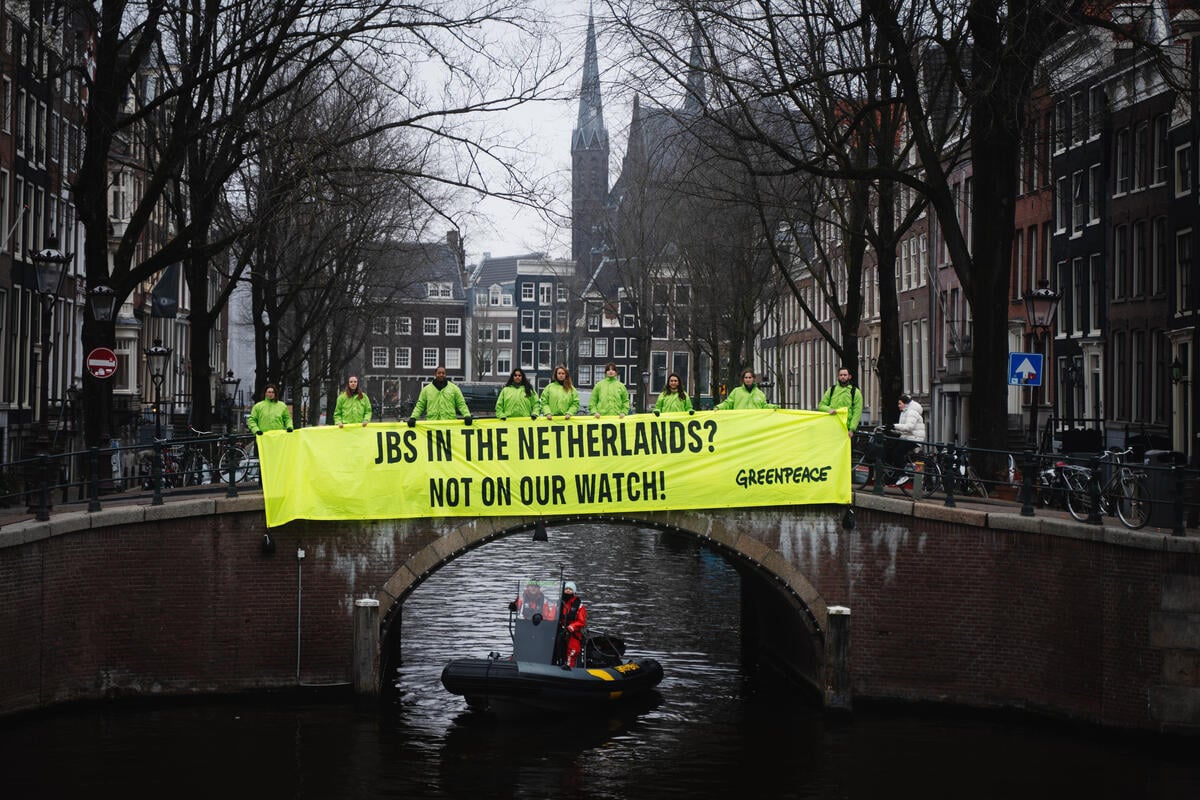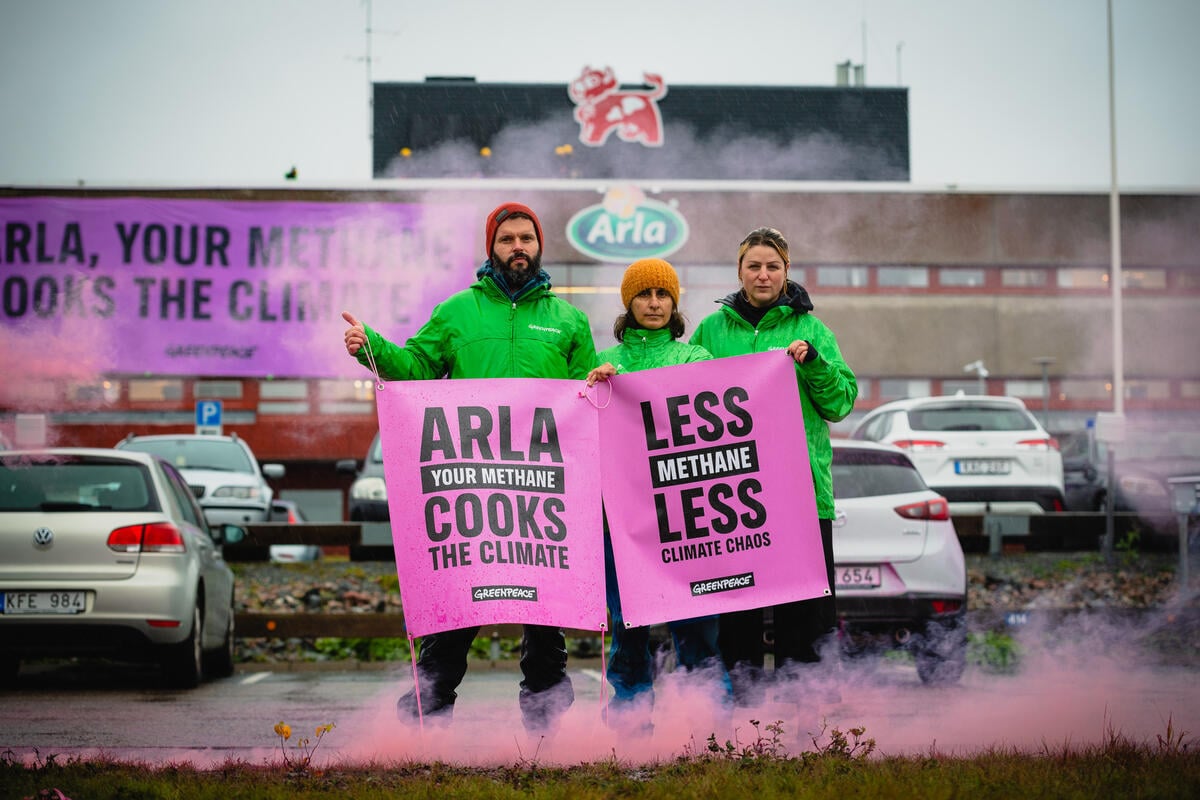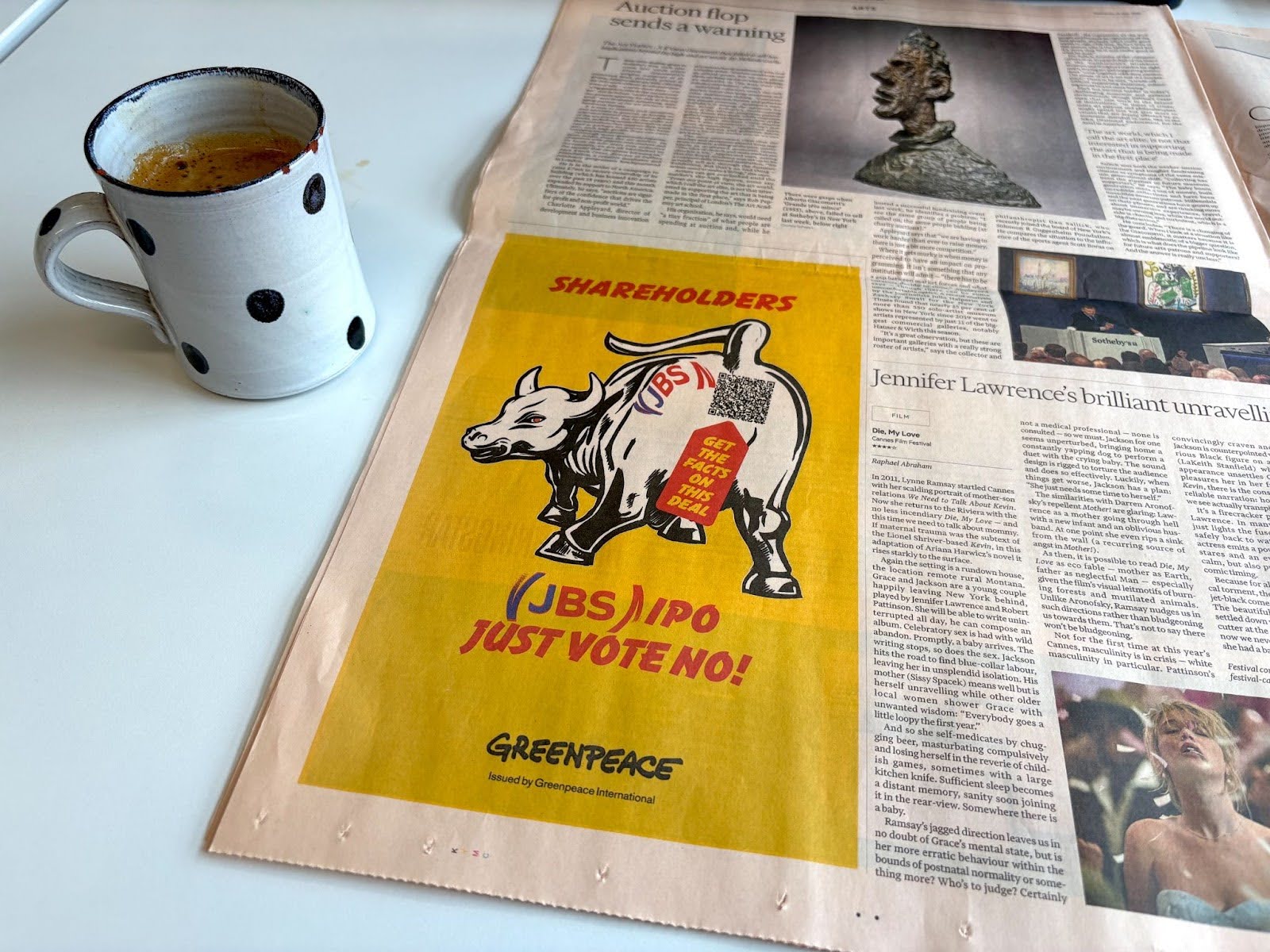“Pesticides, which have been aggressively promoted, are a global human rights concern, and their use can have very detrimental consequences on the enjoyment of the right to food.”
This is the catchy introduction of the new report published recently by the Special Rapporteur on the right to food, Hilal Elver.

As of End-2017, 3 Agro-companies Will Dominate the Global Agro-system.
Further shocking details are revealed throughout the report. Examples such as “pesticides are responsible for an estimated 200.000 acute poisoning deaths each year, 99% of which occur in developing countries”. As the report also states, this has to do with double standards, because many of the hazardous pesticides banned in Western countries are still allowed to be used in other parts of the world. If a pesticide is considered toxic, it should be considered toxic everywhere, regardless of country or continent. Due to these double standards, corporations benefit from the different legislations because if their products are banned in one country, they can continue to sell them in other markets.
Systemic denial and unethical marketing tactics
The report also strongly criticises large corporations in the sector, accusing them of “systematic denial […] of the magnitude of the damage inflicted by these chemicals, and aggressive, unethical marketing tactics remain unchallenged.”
“The pesticide industry’s efforts to influence policymakers and regulators have obstructed reforms and paralysed global pesticide restrictions globally.”
“Industry has also sought to dissuade Governments from restricting pesticide use to save pollinators.”
This demonstrates the lengths to which corporations are willing to go to ensure business. Drawing conclusions from this report illustrates that business as usual is not an option and the influence corporations have over governments has to end immediately.

More and More Glyphosate is Being Deployed in Austria.
The neverending PR myth of “we need pesticides to feed the world”
The current system of industrial agriculture is supported by numerous myths and they are debunked in this UN report. One of the fundamental myth is that pesticides are needed to feed the world, which was created with the ”Green Revolution” that empowered and enriched a handful of corporations in the world. This system was able to increase yields but at least one third of all food produced in the world, goes straight to waste, while 800 million people are still hungry. This system cannot guarantee food security in the long run as it doesn’t rest on sound, ecological, sustainable, farming practices. Industrial agriculture is one of the root causes of climate change, biodiversity loss, water pollution, inequality, injustice and depopulation of rural environments.
Agroecology as the only solution
There is however, good news. Solutions already exist and are emerging strongly in every corner of the planet. One solution the report concludes is agroecology, but also other world experts in agrosystems, food security and nutrition.
We now have enough evidence about the damages industrial agriculture does to the environment, our health and to human rights. The report from the Special Rapporteur ends with 25 clear recommendations, to create a better future and abandon the path that is leading us to a dead end. At a global level it recommends to develop a “comprehensive, binding treaty to regulate hazardous pesticides throughout their life cycle” where the promotion of agroecology must be one of the priorities. At a national level it recommends to “initiate binding and measurable reduction targets with time limits” and it concludes with a clear recommendation to civil society: “Civil society should inform the general public about adverse impact of pesticides on human health and environmental damage, as well as organizing training programmes on agroecology”.
Politicians must act now and it’s up to all of us to hold them accountable to ensure they take responsibility.
Luís Ferreirim is an ecological farming campaigner at Greenpeace Spain



